Victoria (1819-1901). Queen of Great Britain & Ireland, 1837-1901. Vignetted cabinet card portrait of John Brown in profile [by George Washington Wilson, Aberdeen], c. 1870s, albumen print, inscribed in blue ink by Queen Victoria in lower blank area of image, 'J. Brown - the Queen's truest friend', set in a contemporary silver-plated desk frame with plush-lined backing and original inlaid hinged morocco case with fastener by Edwards & Jones, 161 Regent Street, [London], 19 x 15 cm overall Richard Assheton Cross, 1st Viscount Cross, (1823-1914) was born in Eccle Riggs, Broughton-in-Furness, Lancashire. A lawyer and banker, Cross was a Conservative member of the House of Commons from 1857 to 1862 and from 1868 (when he defeated Gladstone for a Lancashire constituency) until 1886. In 1874 Prime Minister Benjamin Disraeli appointed him home secretary. The Cross Act of 1875 empowered municipalities to buy and demolish slums and to build housing for rental. In the same year Cross carried through Parliament the Factory Act, regulating the employment of women and children in textile mills; the Public Health Act, a comprehensive sanitary code; and two statutes reinterpreting Gladstone’s trade-union legislation of 1871. Cross left office with Disraeli in 1880, served again as home secretary in the 3rd Marquess of Salisbury’s brief ministry of 1885-86, was created viscount in 1886, and held the secretaryship for India from that year until 1892. From 1895 to 1900 he was lord privy seal. 'Cross was a fellow of the Royal Society, a bencher of the Inner Temple, and an ecclesiastical commissioner, and was keenly interested in the affairs of the church. His honours included, besides the viscountcy, the GCB (1880) and GCSI (1892). He was among the small band of her ministers to whom Queen Victoria gave her close personal friendship, and he was a trustee of more than one royal marriage settlement' (ODNB online). Cross may now be best remembered as one of the country's outstanding home secretaries but some of the material offered here (lots 208-227), by direct descent from the family, reveals his close relationship with Queen Victoria. He is mentioned frequently in her journals (online) from 1877 until 1900, often as a guest at the royal residences of Balmoral, Windsor and Osborne. John Brown (1826-1883) was a Scottish gillie and a favourite servant of Queen Victoria. Though unliked by most other members of the royal family the exact nature of his relationship with Victoria has been the subject of great speculation. Brown became a strong friend and supporter of Victoria after the death of Prince Albert in 1861 and she was known to have given him numerous gifts as well as creating two medals for him, the Faithful Servant Medal and the Devoted Service Medal, both of which he is seen wearing in this portrait.
Victoria (1819-1901). Queen of Great Britain & Ireland, 1837-1901. Vignetted cabinet card portrait of John Brown in profile [by George Washington Wilson, Aberdeen], c. 1870s, albumen print, inscribed in blue ink by Queen Victoria in lower blank area of image, 'J. Brown - the Queen's truest friend', set in a contemporary silver-plated desk frame with plush-lined backing and original inlaid hinged morocco case with fastener by Edwards & Jones, 161 Regent Street, [London], 19 x 15 cm overall Richard Assheton Cross, 1st Viscount Cross, (1823-1914) was born in Eccle Riggs, Broughton-in-Furness, Lancashire. A lawyer and banker, Cross was a Conservative member of the House of Commons from 1857 to 1862 and from 1868 (when he defeated Gladstone for a Lancashire constituency) until 1886. In 1874 Prime Minister Benjamin Disraeli appointed him home secretary. The Cross Act of 1875 empowered municipalities to buy and demolish slums and to build housing for rental. In the same year Cross carried through Parliament the Factory Act, regulating the employment of women and children in textile mills; the Public Health Act, a comprehensive sanitary code; and two statutes reinterpreting Gladstone’s trade-union legislation of 1871. Cross left office with Disraeli in 1880, served again as home secretary in the 3rd Marquess of Salisbury’s brief ministry of 1885-86, was created viscount in 1886, and held the secretaryship for India from that year until 1892. From 1895 to 1900 he was lord privy seal. 'Cross was a fellow of the Royal Society, a bencher of the Inner Temple, and an ecclesiastical commissioner, and was keenly interested in the affairs of the church. His honours included, besides the viscountcy, the GCB (1880) and GCSI (1892). He was among the small band of her ministers to whom Queen Victoria gave her close personal friendship, and he was a trustee of more than one royal marriage settlement' (ODNB online). Cross may now be best remembered as one of the country's outstanding home secretaries but some of the material offered here (lots 208-227), by direct descent from the family, reveals his close relationship with Queen Victoria. He is mentioned frequently in her journals (online) from 1877 until 1900, often as a guest at the royal residences of Balmoral, Windsor and Osborne. John Brown (1826-1883) was a Scottish gillie and a favourite servant of Queen Victoria. Though unliked by most other members of the royal family the exact nature of his relationship with Victoria has been the subject of great speculation. Brown became a strong friend and supporter of Victoria after the death of Prince Albert in 1861 and she was known to have given him numerous gifts as well as creating two medals for him, the Faithful Servant Medal and the Devoted Service Medal, both of which he is seen wearing in this portrait.



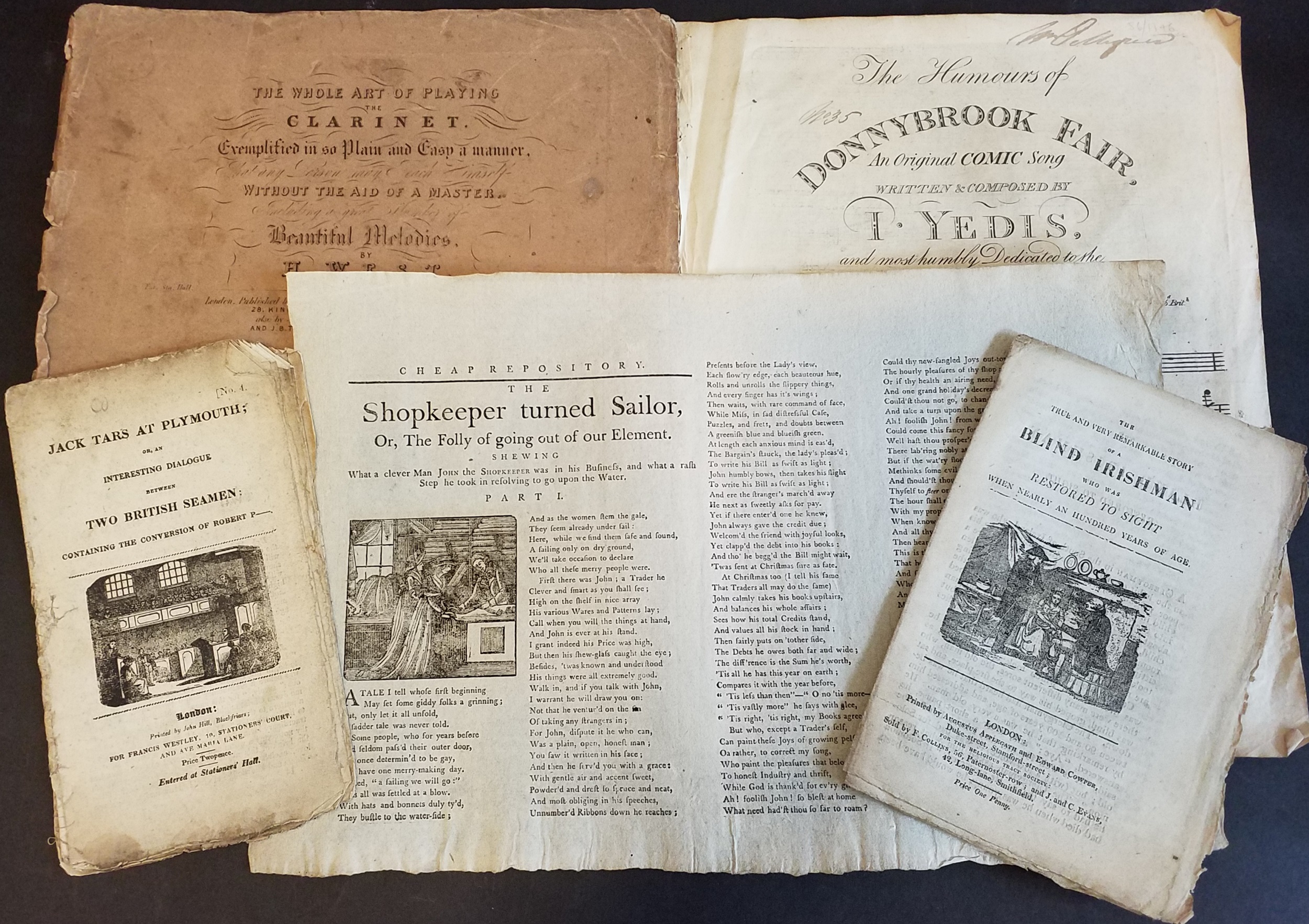

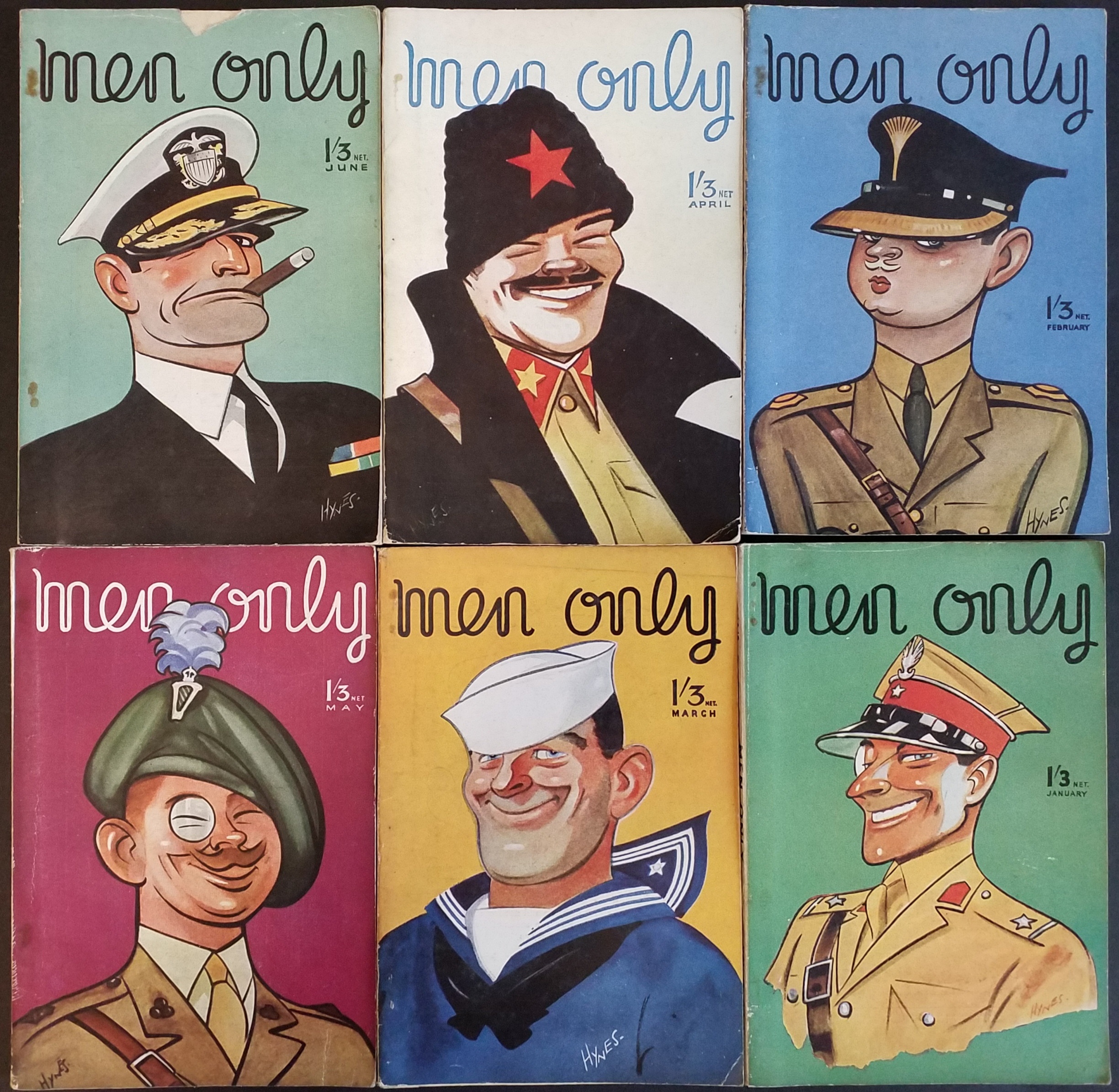
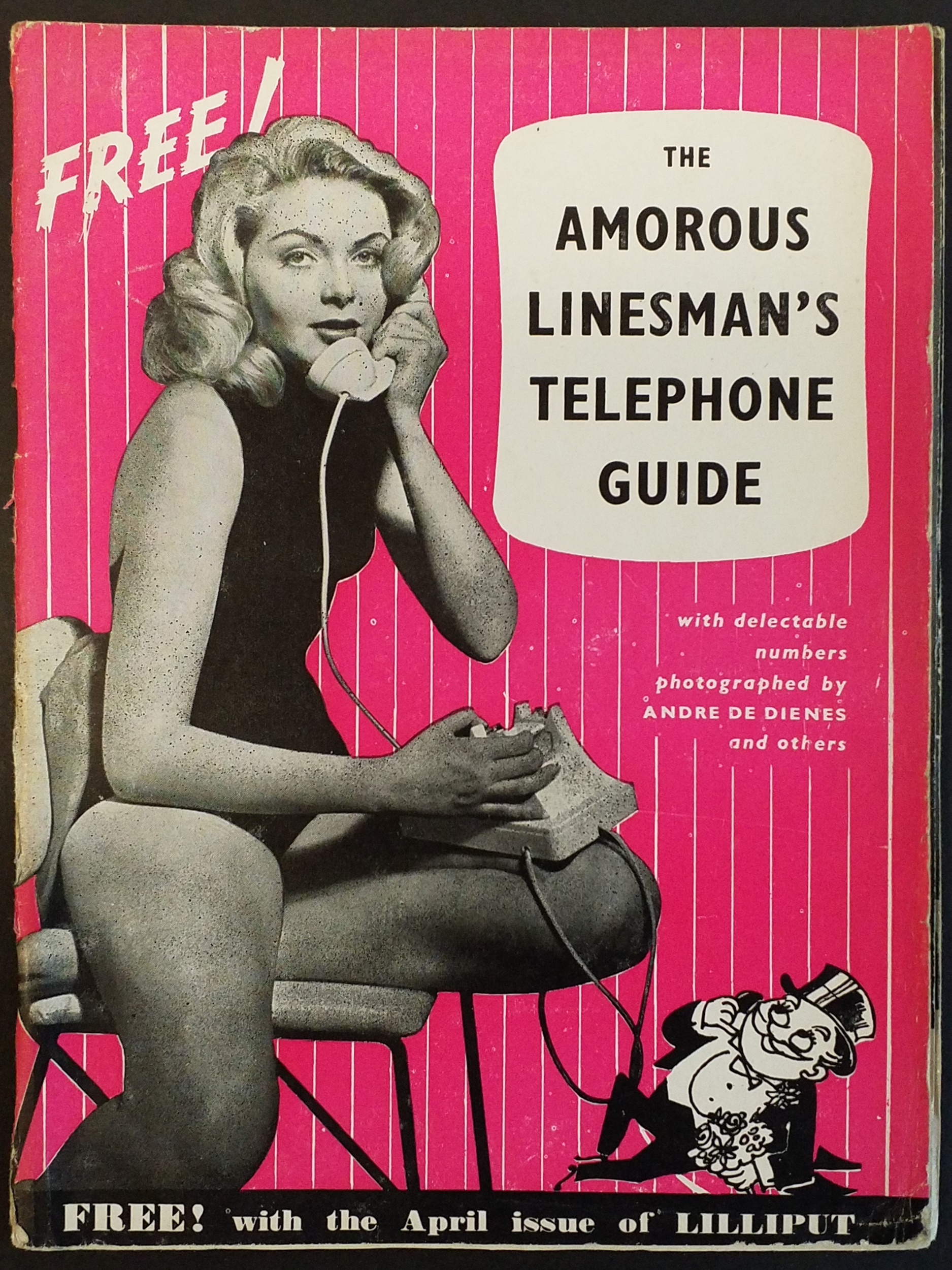
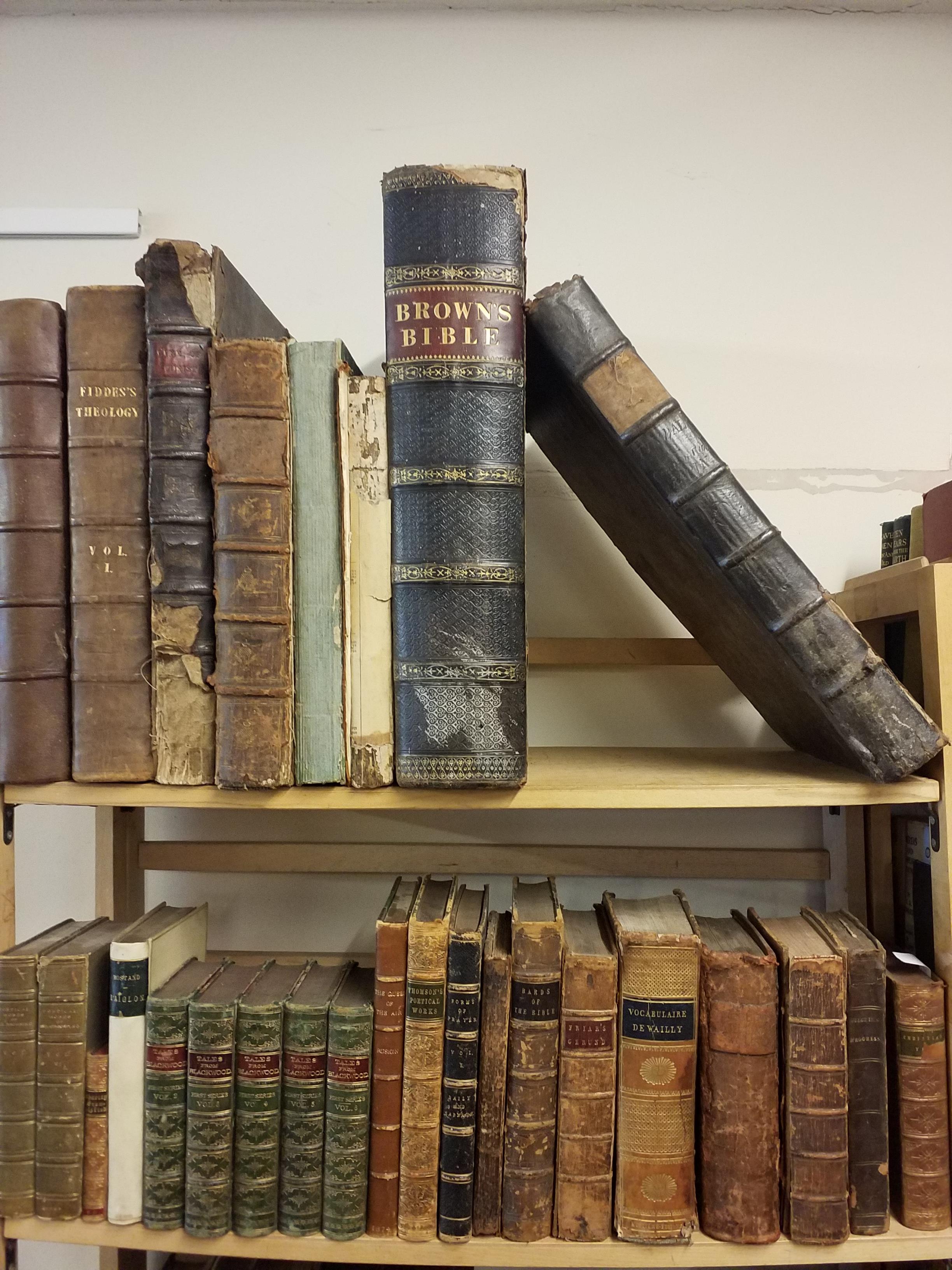
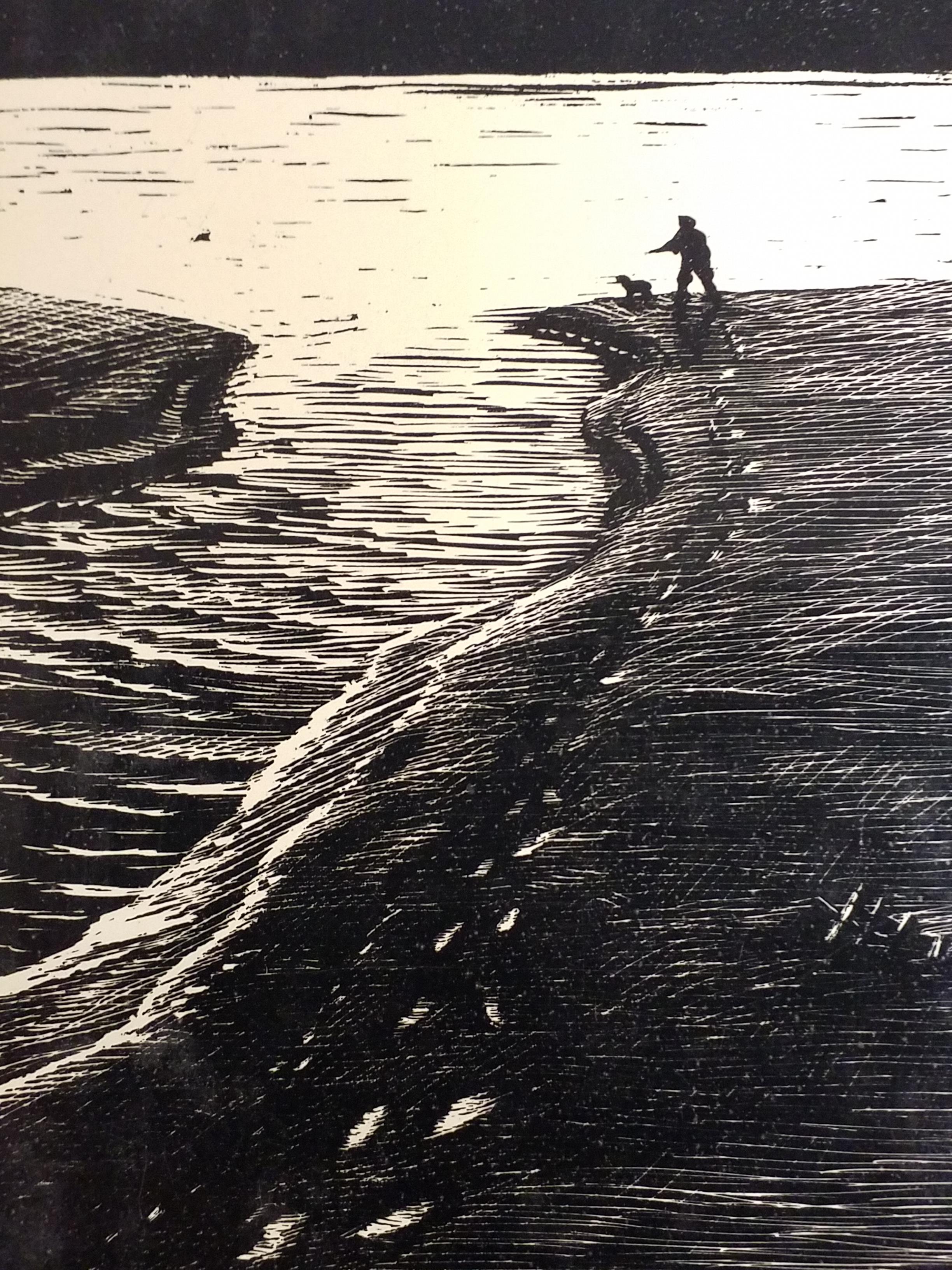
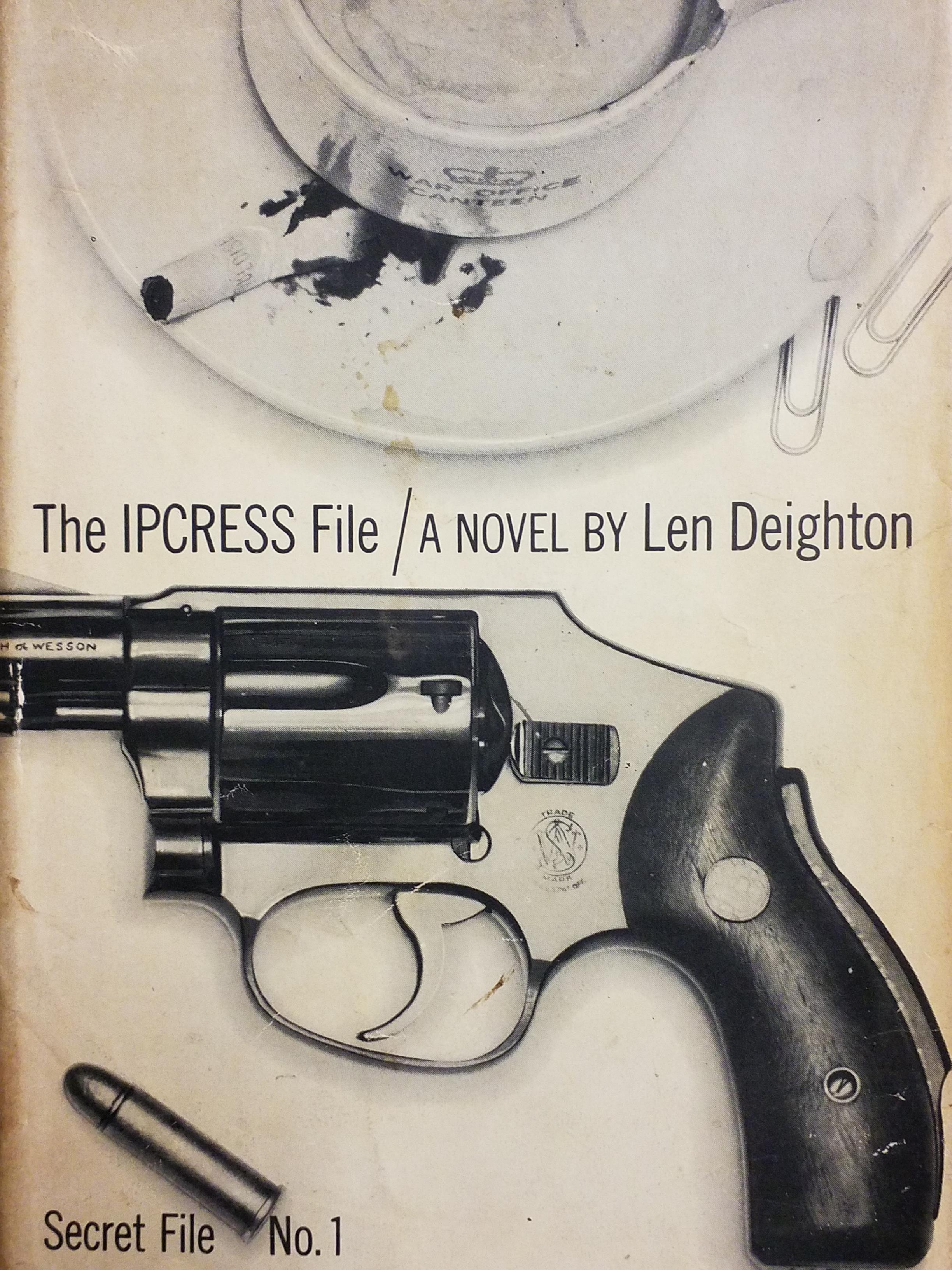
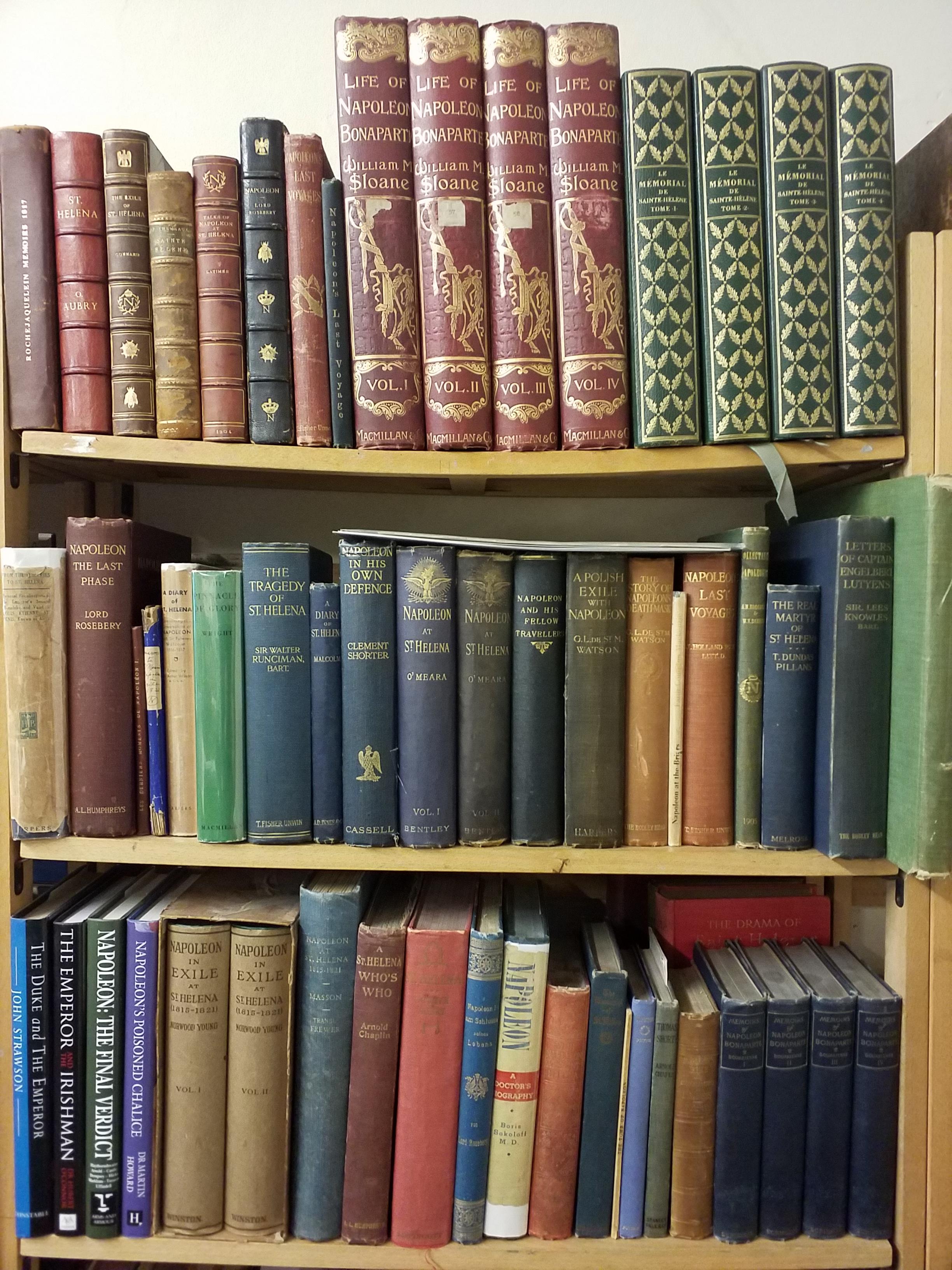
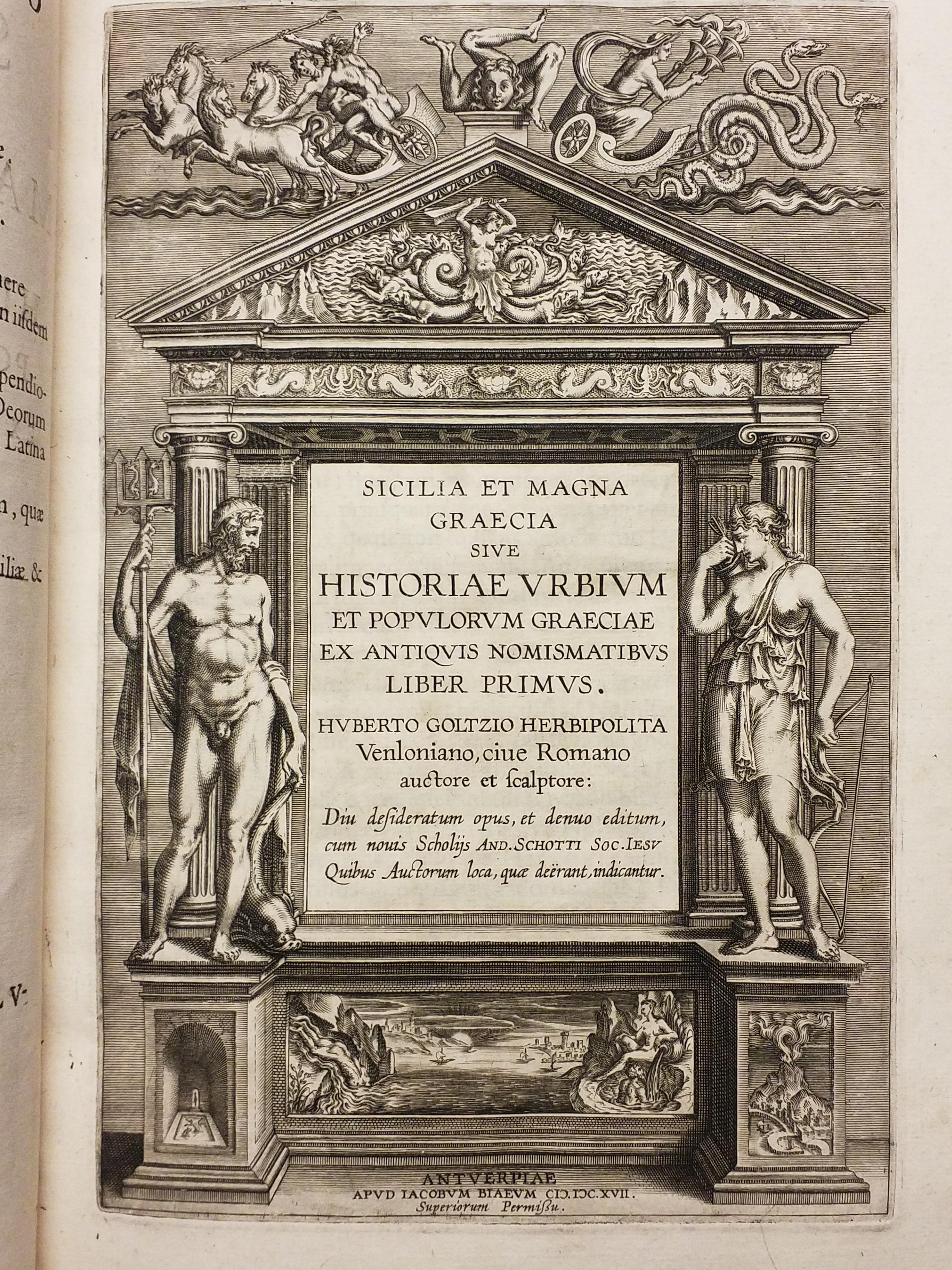
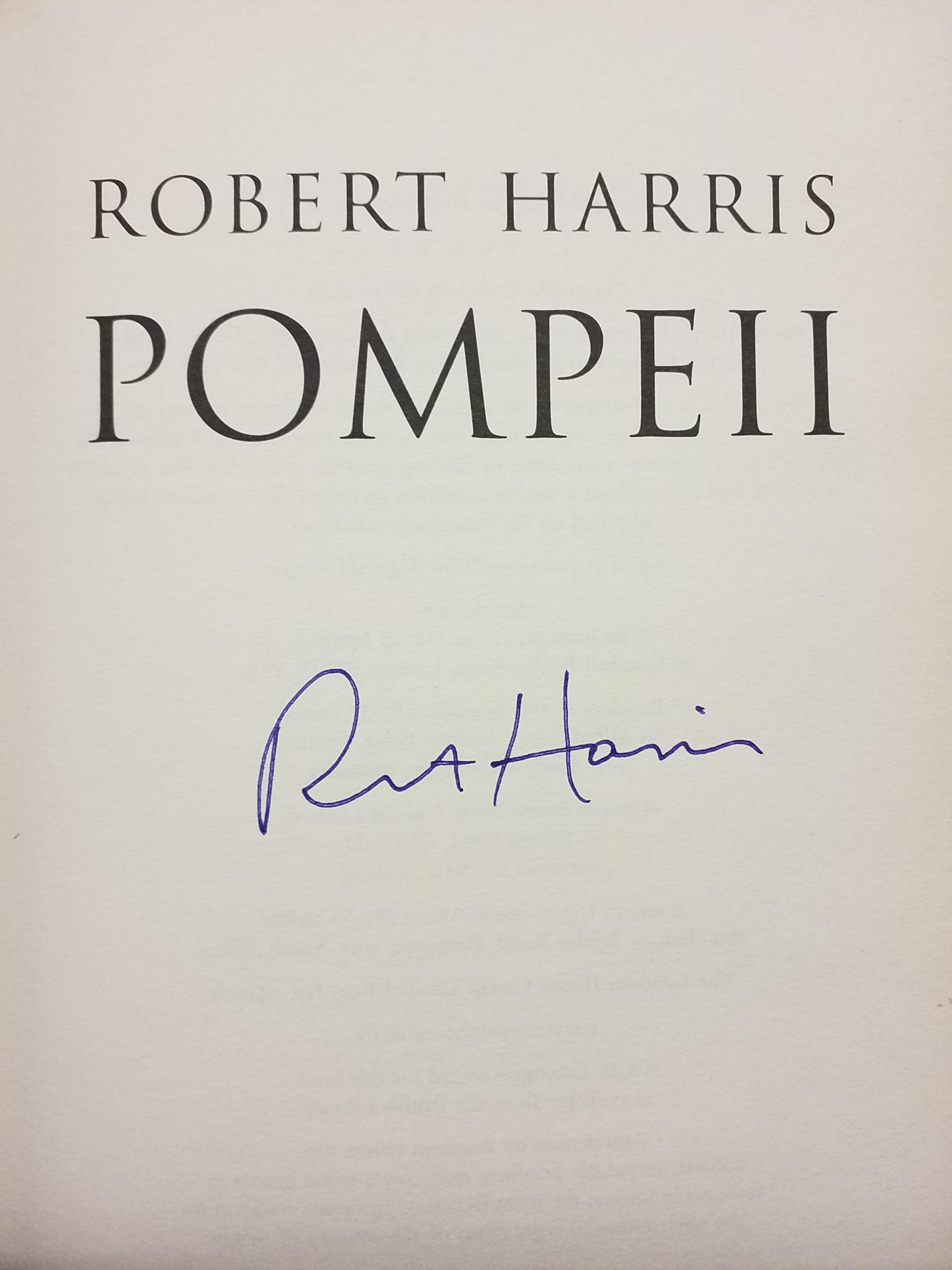
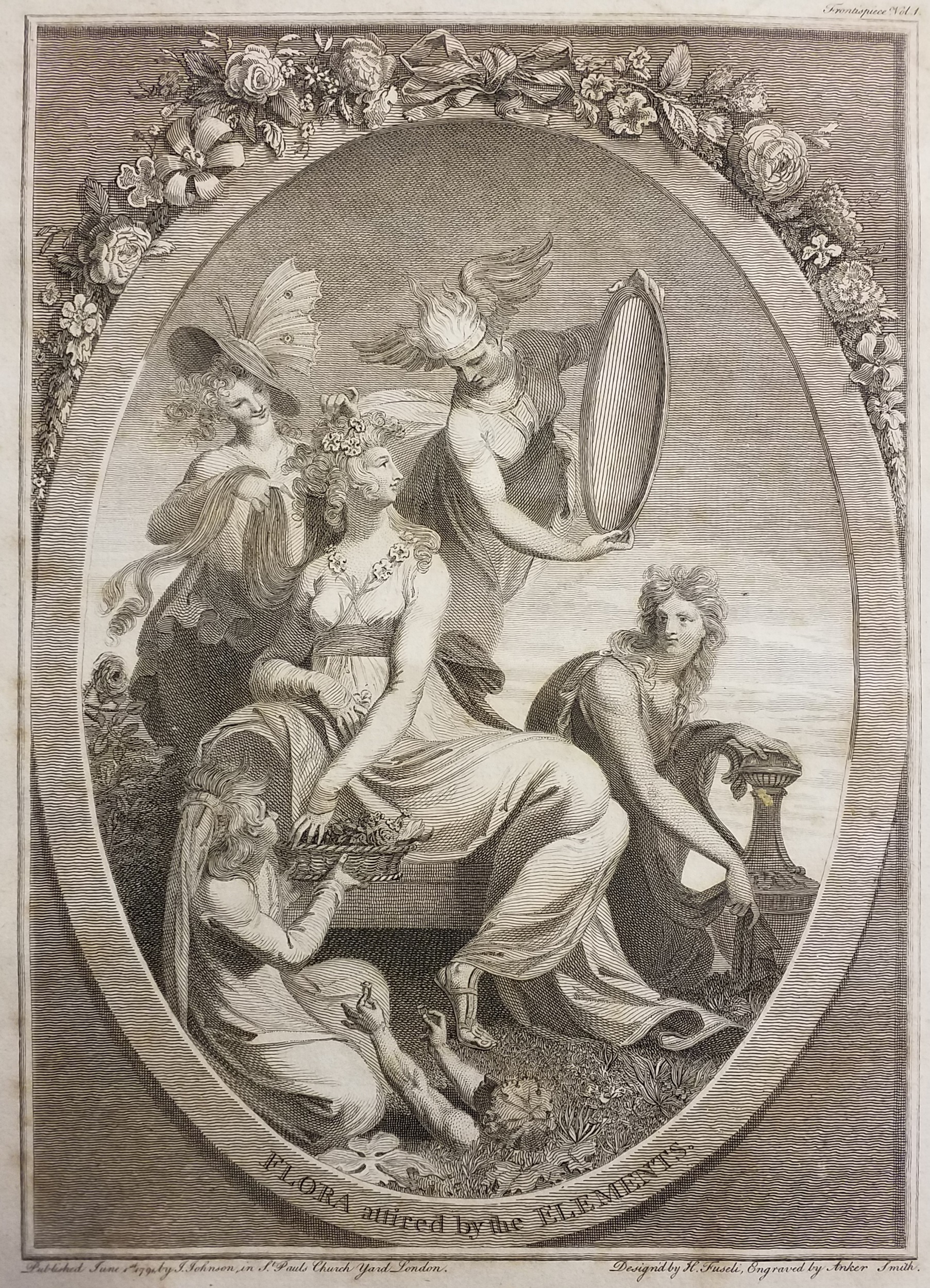
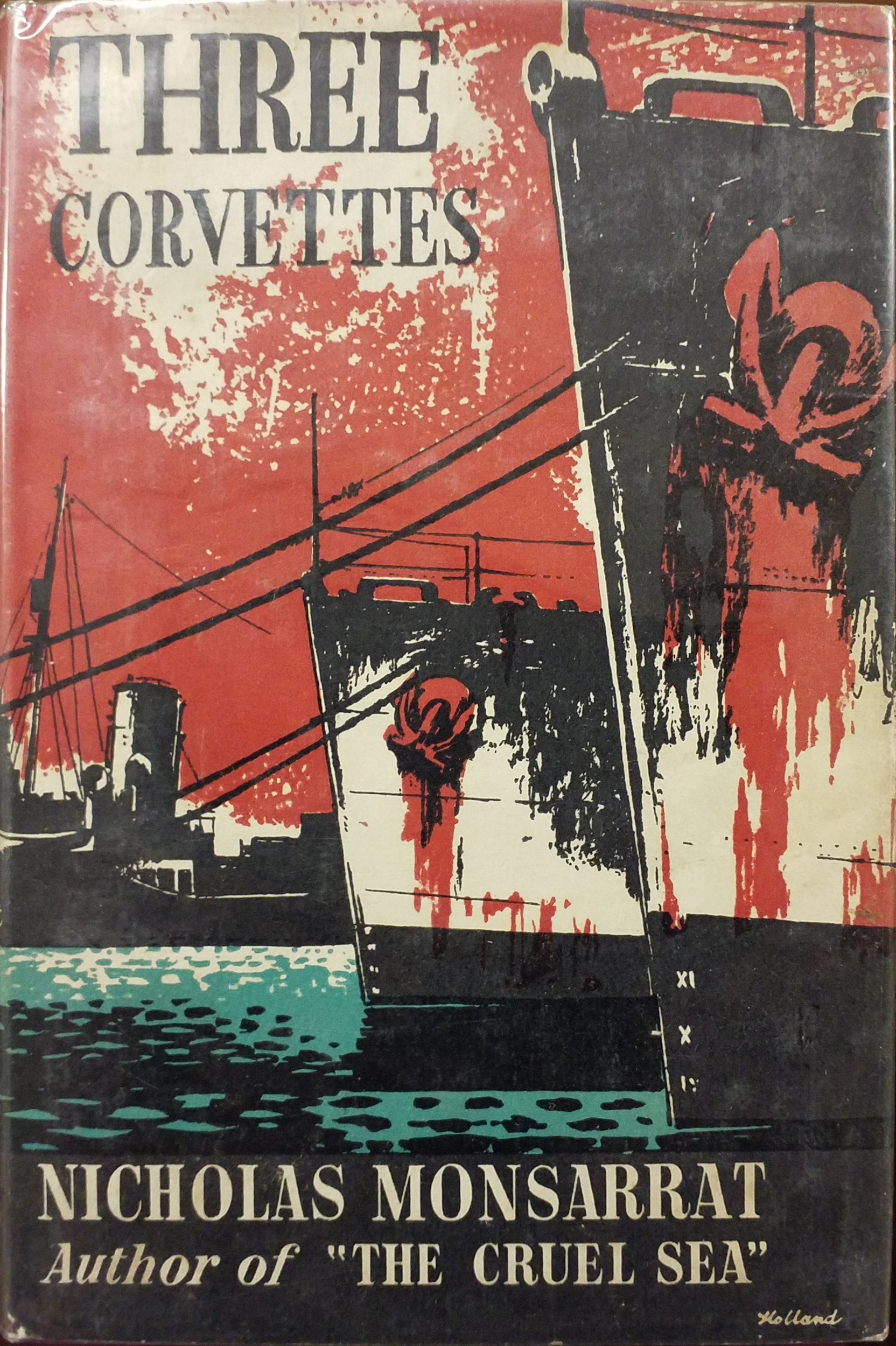
Testen Sie LotSearch und seine Premium-Features 7 Tage - ohne Kosten!
Lassen Sie sich automatisch über neue Objekte in kommenden Auktionen benachrichtigen.
Suchauftrag anlegen